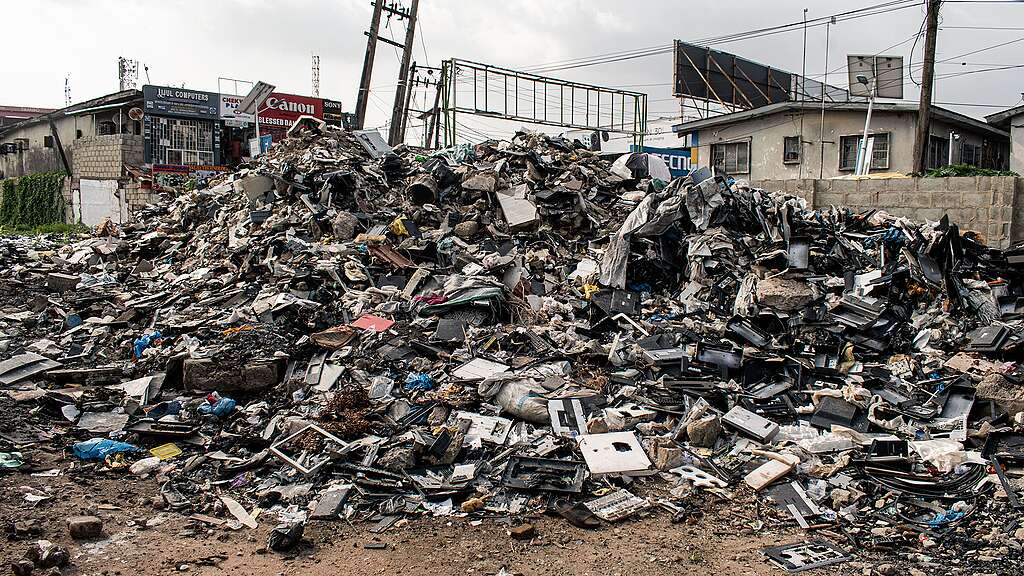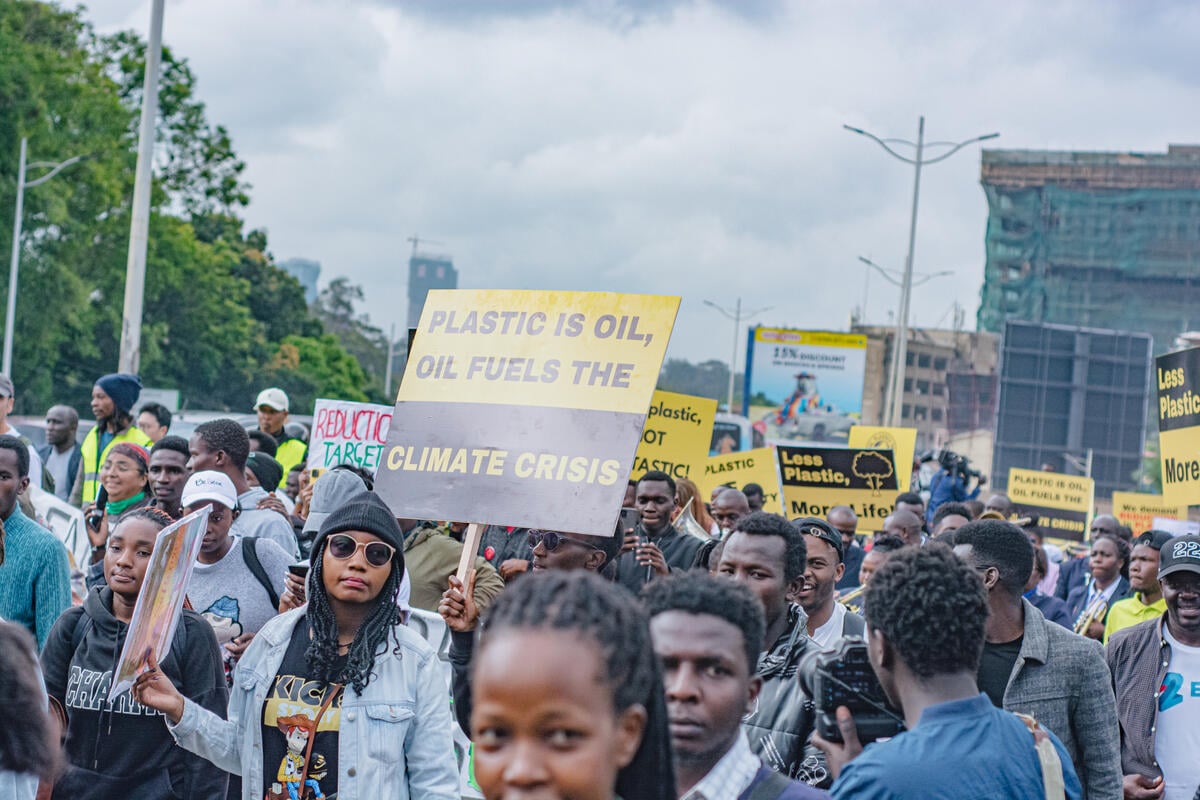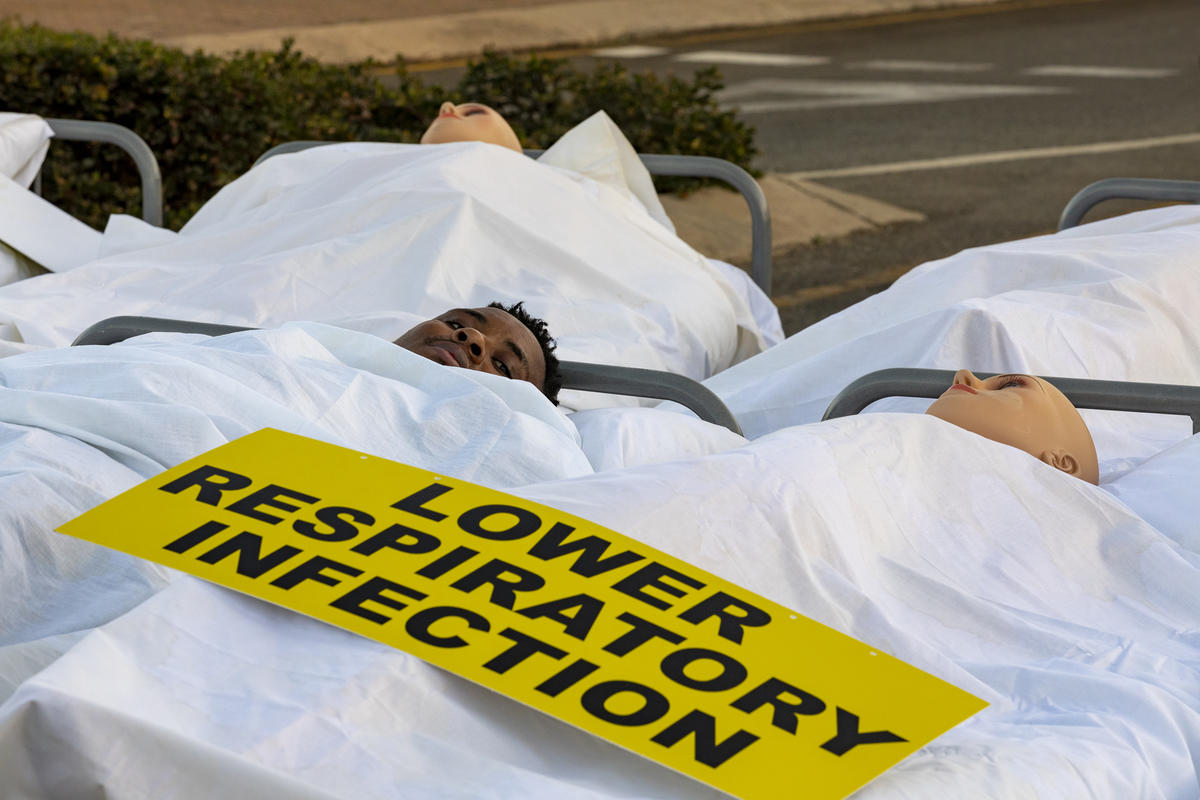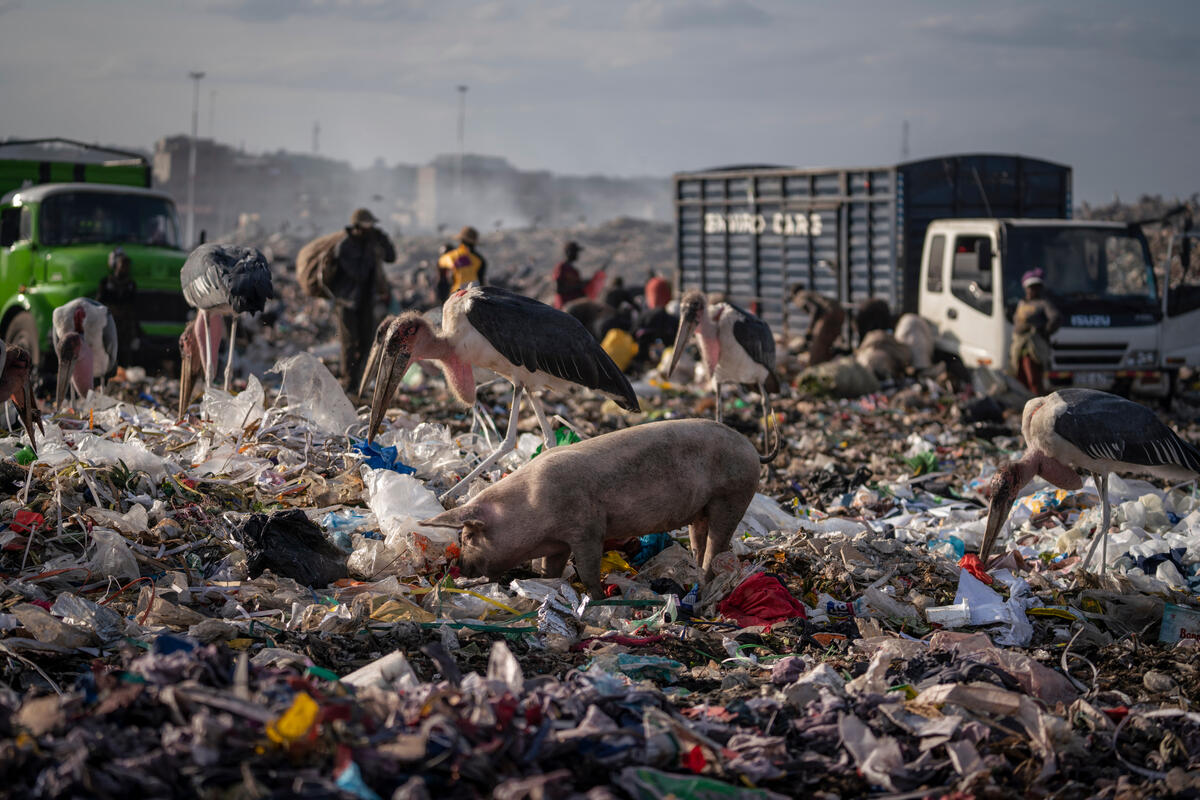When I started documenting the e-waste crisis in Lagos, I didn’t expect it to feel so personal. I’ve always been drawn to stories of change and survival, but this one hit differently. Lagos is a city of constant noise and movement traffic, people, and somewhere underneath it all, this quiet struggle. It’s the story of e-waste.

Every day, Lagos gets tons of old phones, broken TVs, and outdated computers. People throw them away as quickly as they get new ones. But these gadgets don’t just disappear. They end up in the hands of workers who take them apart by hand. They are trying to make a living, but they are exposed to dangerous chemicals and harmful materials, just to earn a little money.
I spent time at Computer Village, Alaba Market, and Arena Oshodi, where e-waste is a common sight. I saw workers handling the waste with bare hands, no gloves, no masks, just doing their best to salvage what they could. It wasn’t just a job for them, it was survival. The conditions were harsh, and the risks were high. But they had no choice. This was their reality.
It made me think about my own relationship with technology. The phone in my pocket, the laptop on my desk – things I upgrade without a second thought. I never considered where they go when I’m done with them. But the workers in Lagos, they see the end of the line for these devices every day. Their lives are connected to the things most of us discard.
Lagos is dealing with more than just piles of broken electronics. The e-waste is polluting the land, the water, the air. The workers, the people who live nearby they’re the ones who suffer the most. Yet, through it all, they stay resilient. They continue, despite the dangers, because they have no other option.
What I’ve learned through this project is that e-waste is more than an environmental problem, it’s a human problem. The people here aren’t just dealing with pollution. They’re fighting to survive, to make ends meet, to keep going even when the world doesn’t seem to care.
This is why I tell this story. To show that behind every discarded phone or computer is a person, a family, a community. To make us think twice about what happens to the things we throw away and who pays the price for it.
But awareness isn’t just enough, we need action. Tech companies keep pushing out new devices, built to be replaced quickly. That means more plastic, more waste, and more harm. Real change starts with holding these companies accountable. They should take responsibility for what they make, from start to finish and stop flooding the world with plastic we can’t manage.
Because this isn’t just about e-waste. It’s about the kind of future we’re building, and who’s left to deal with the mess.
Fayefunmi Oluwanifemi is a documentary photographer and environmental storyteller.



